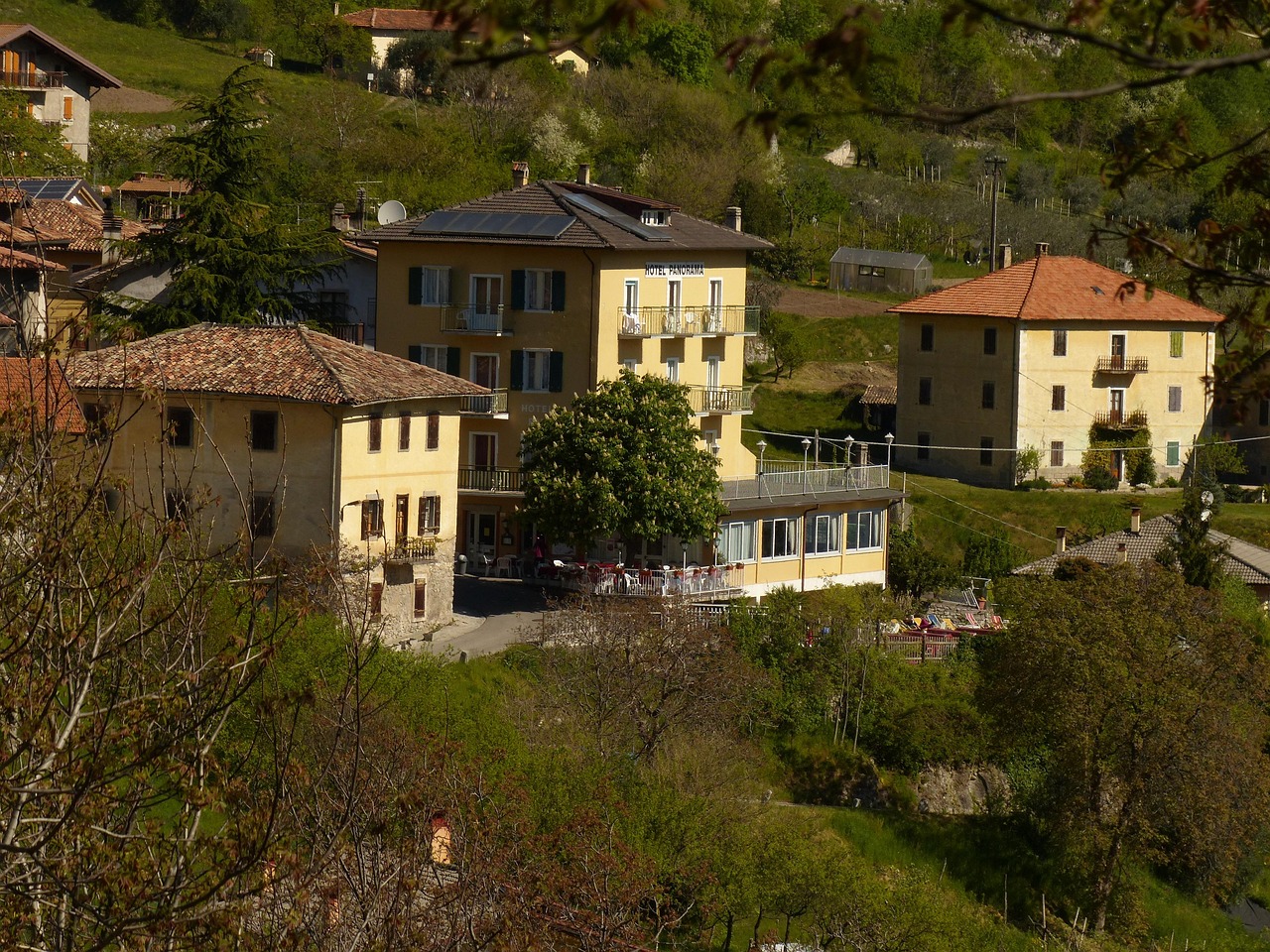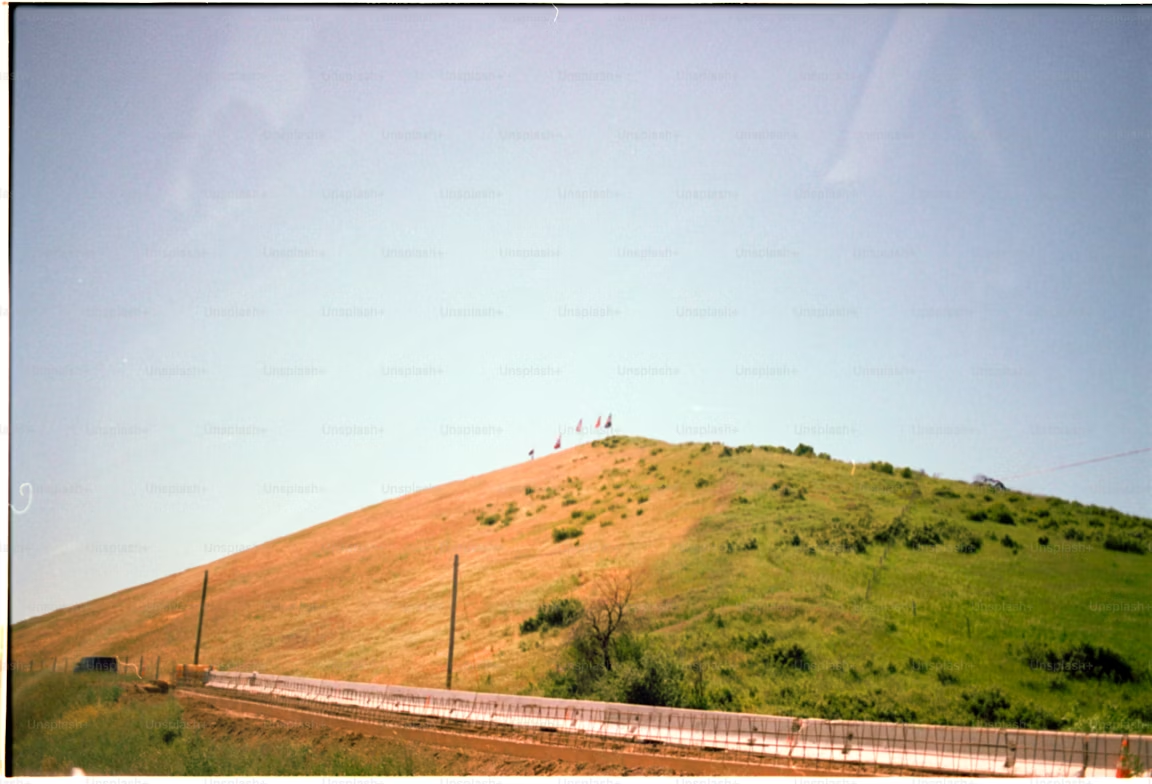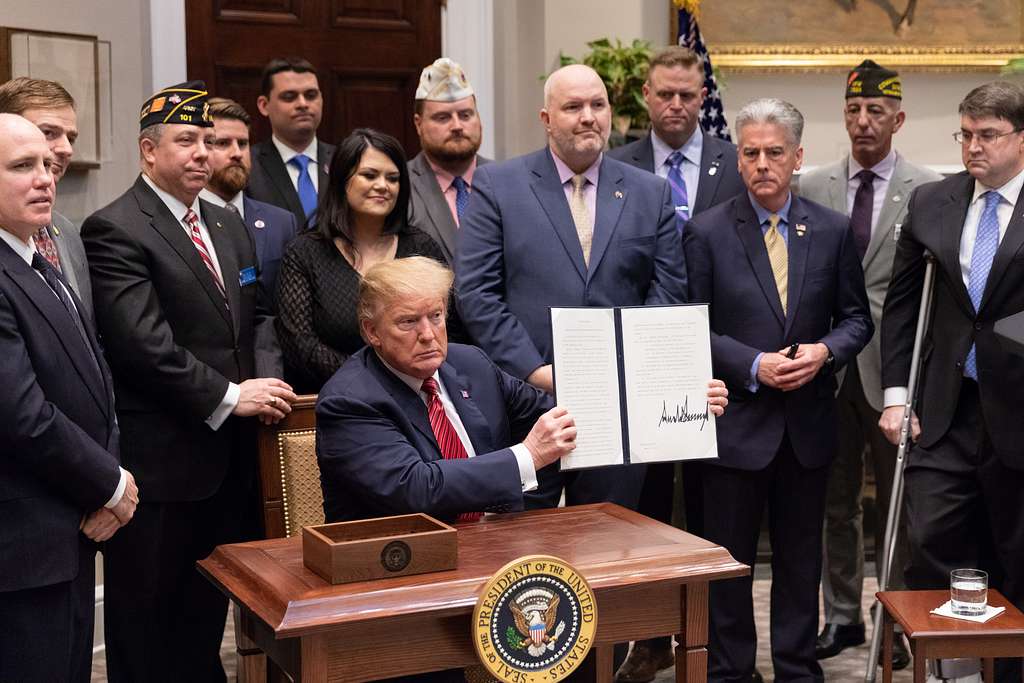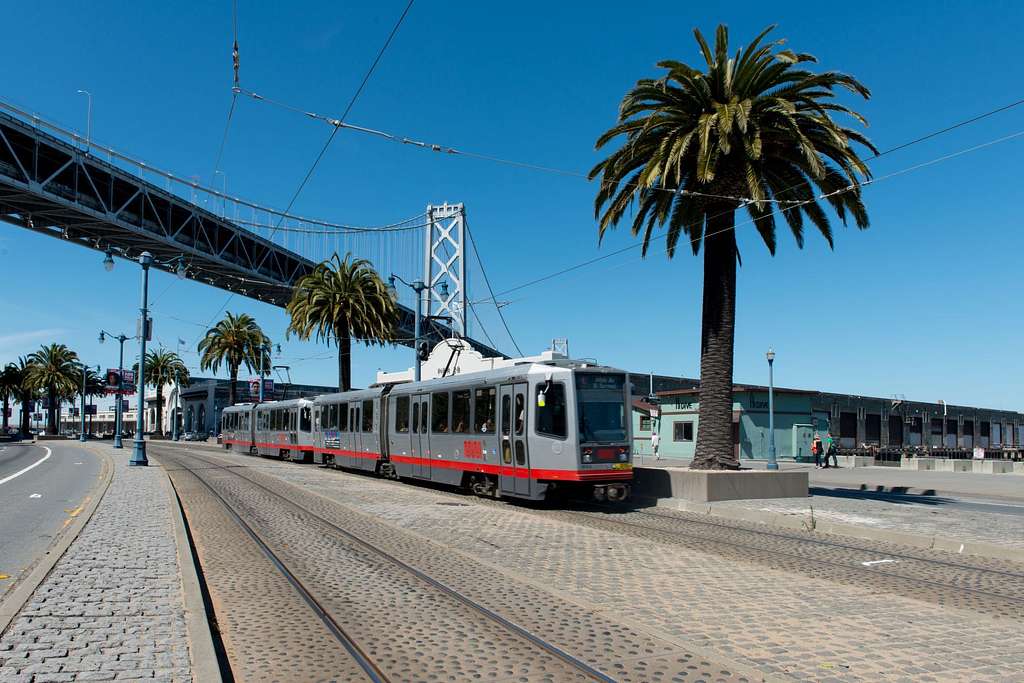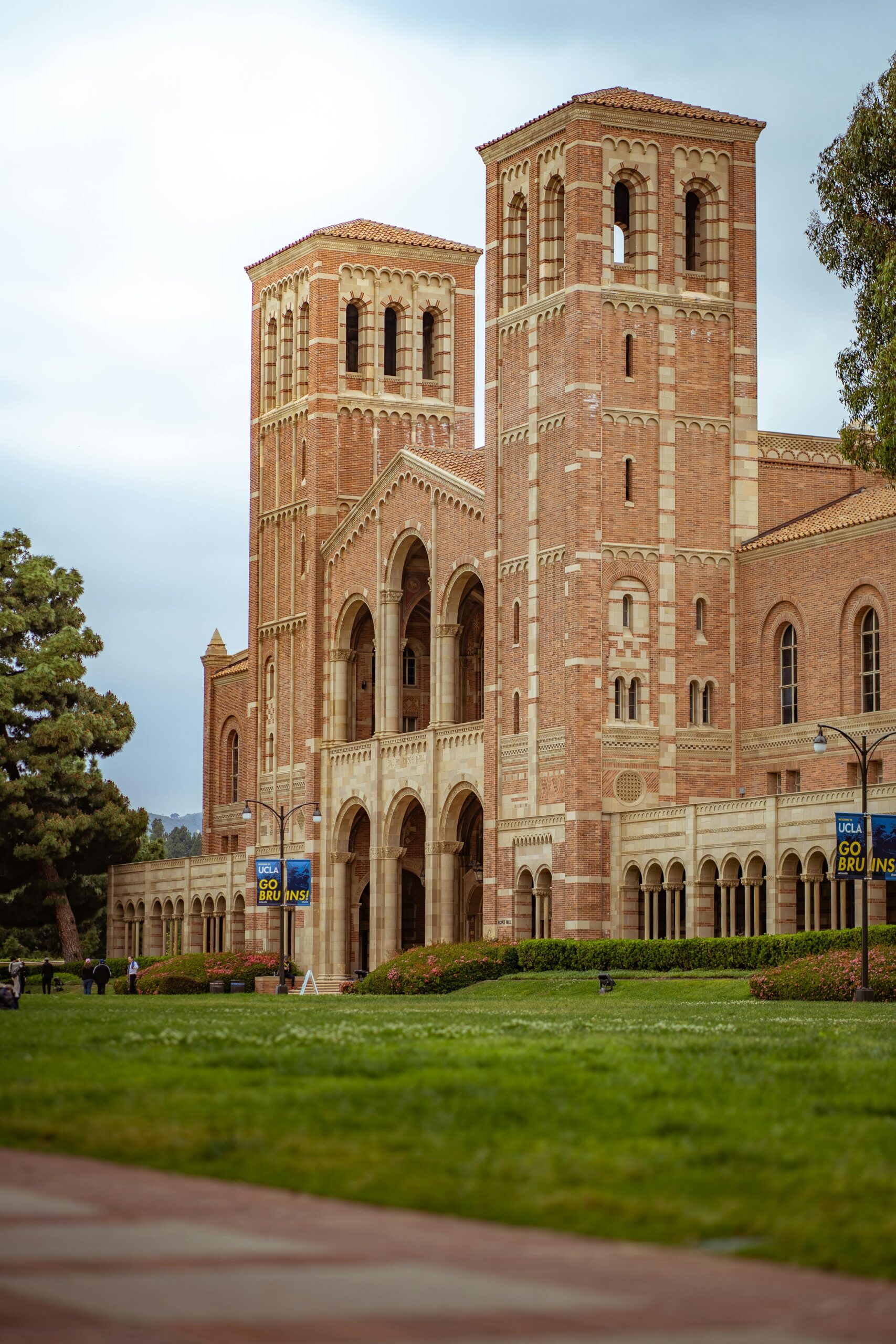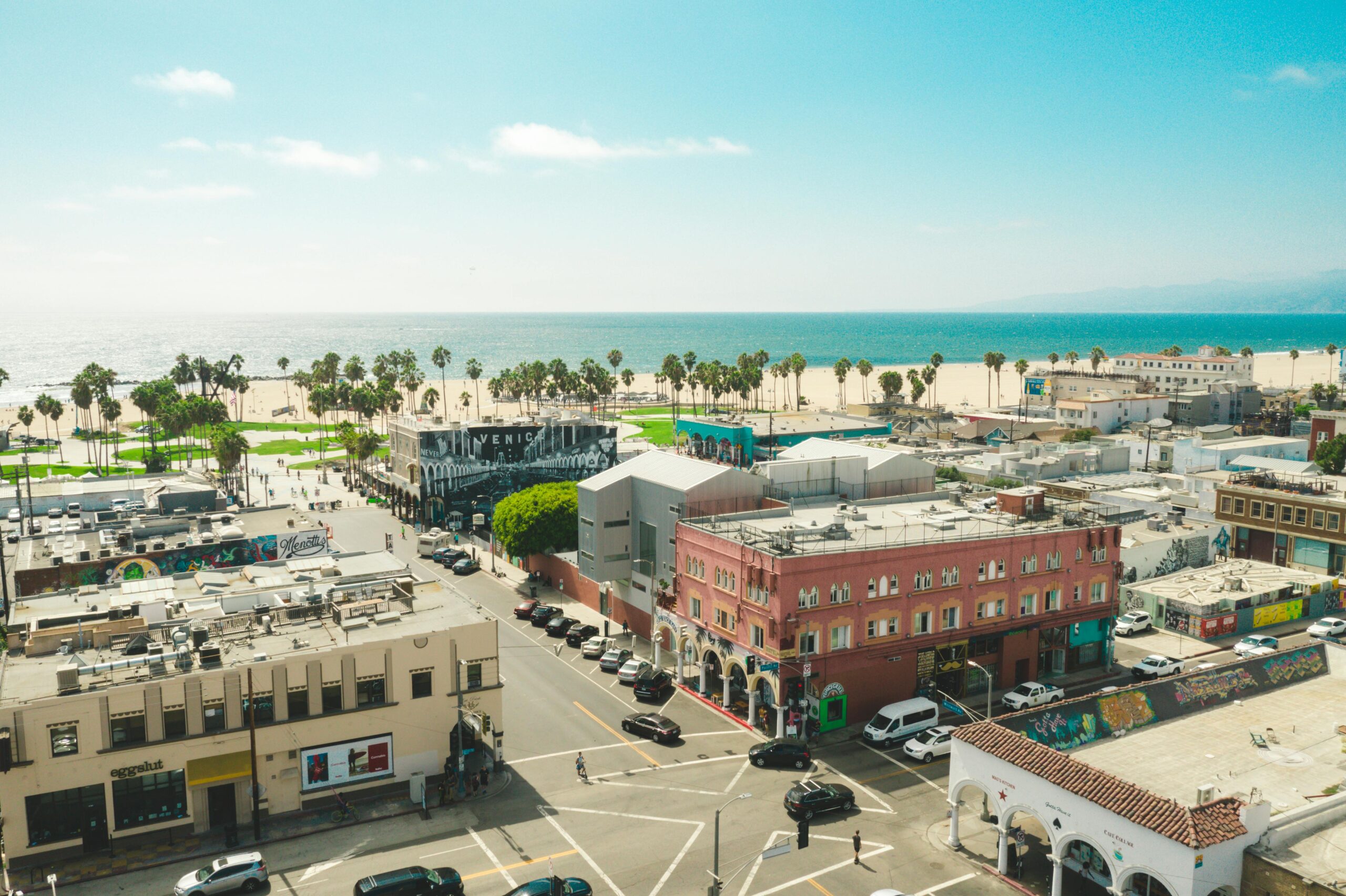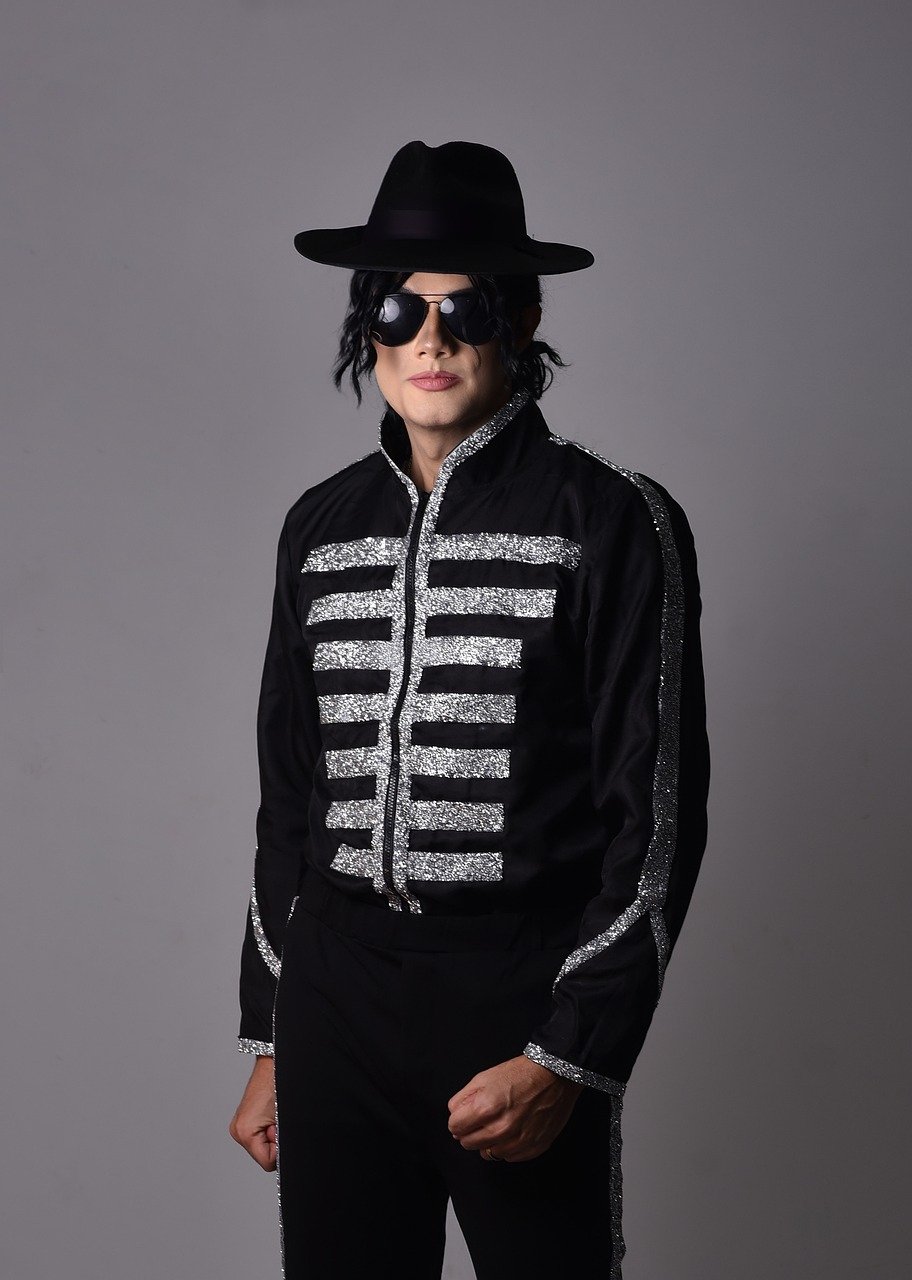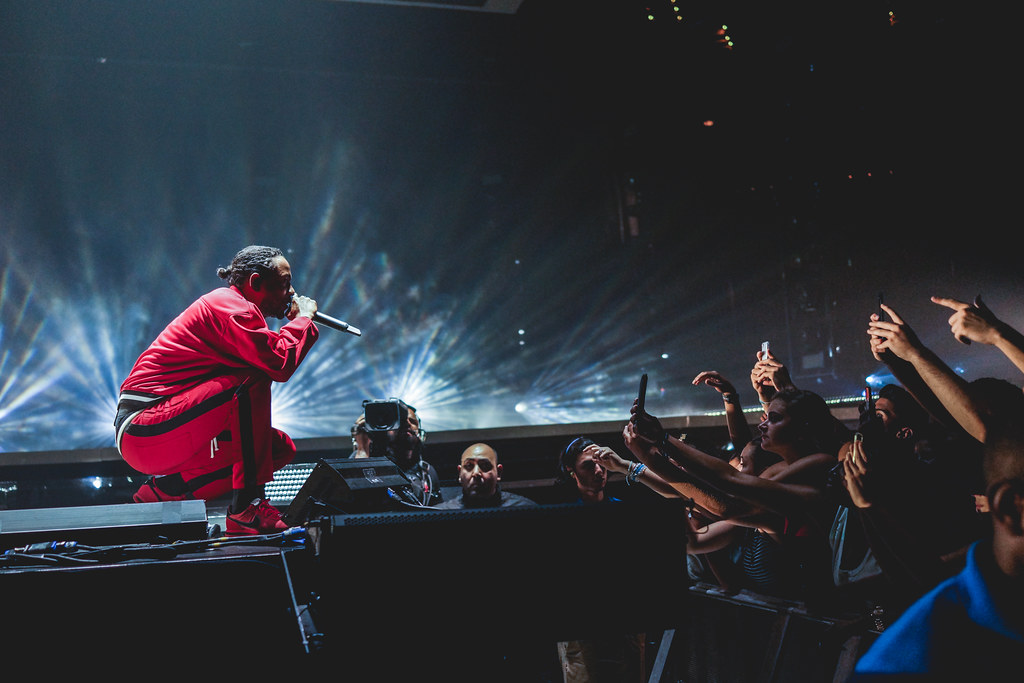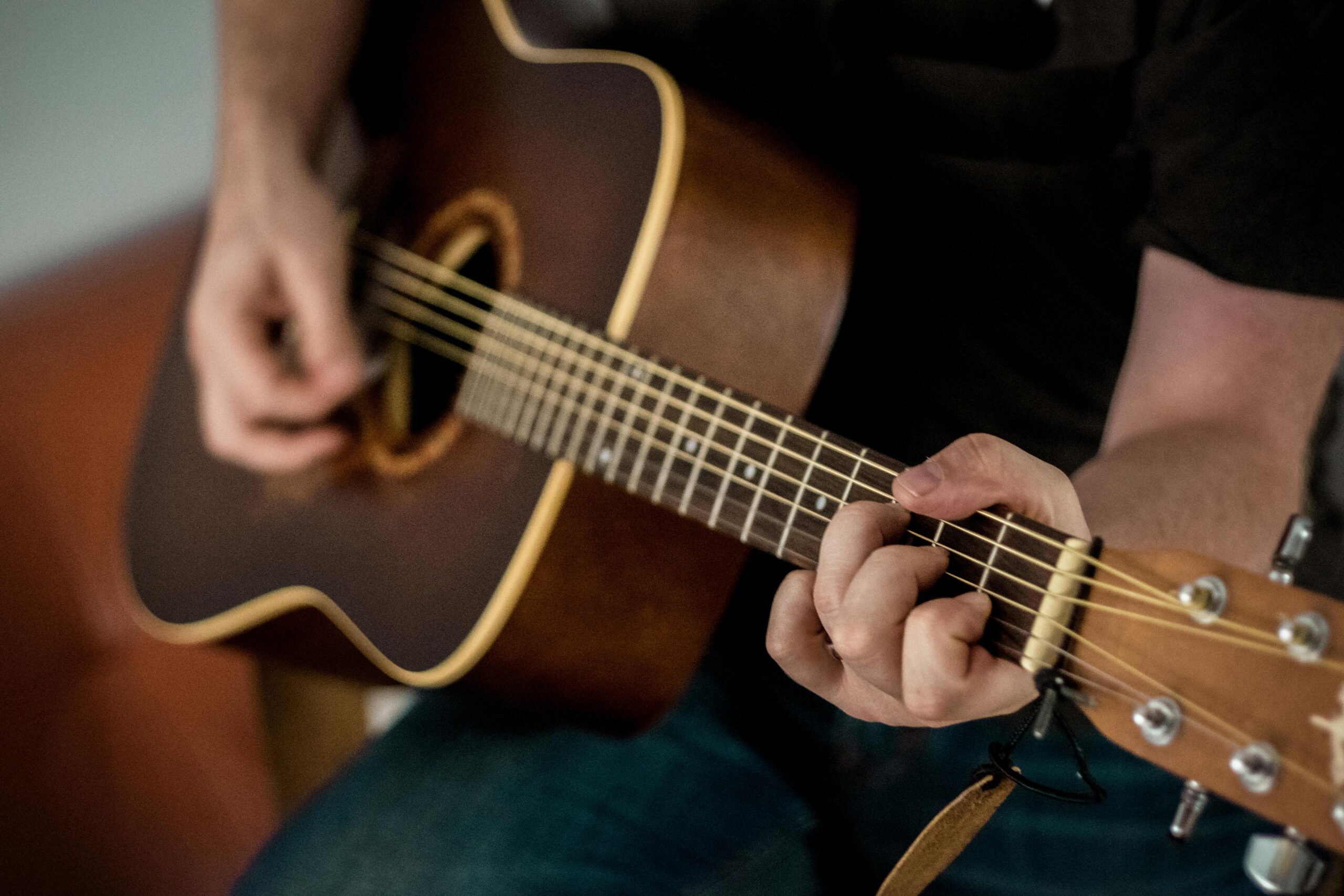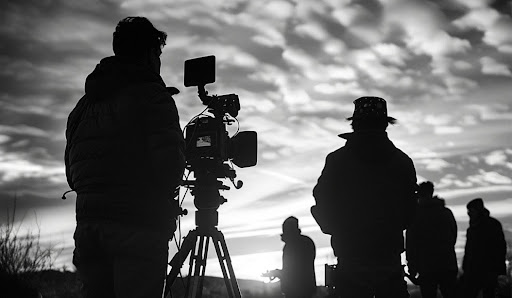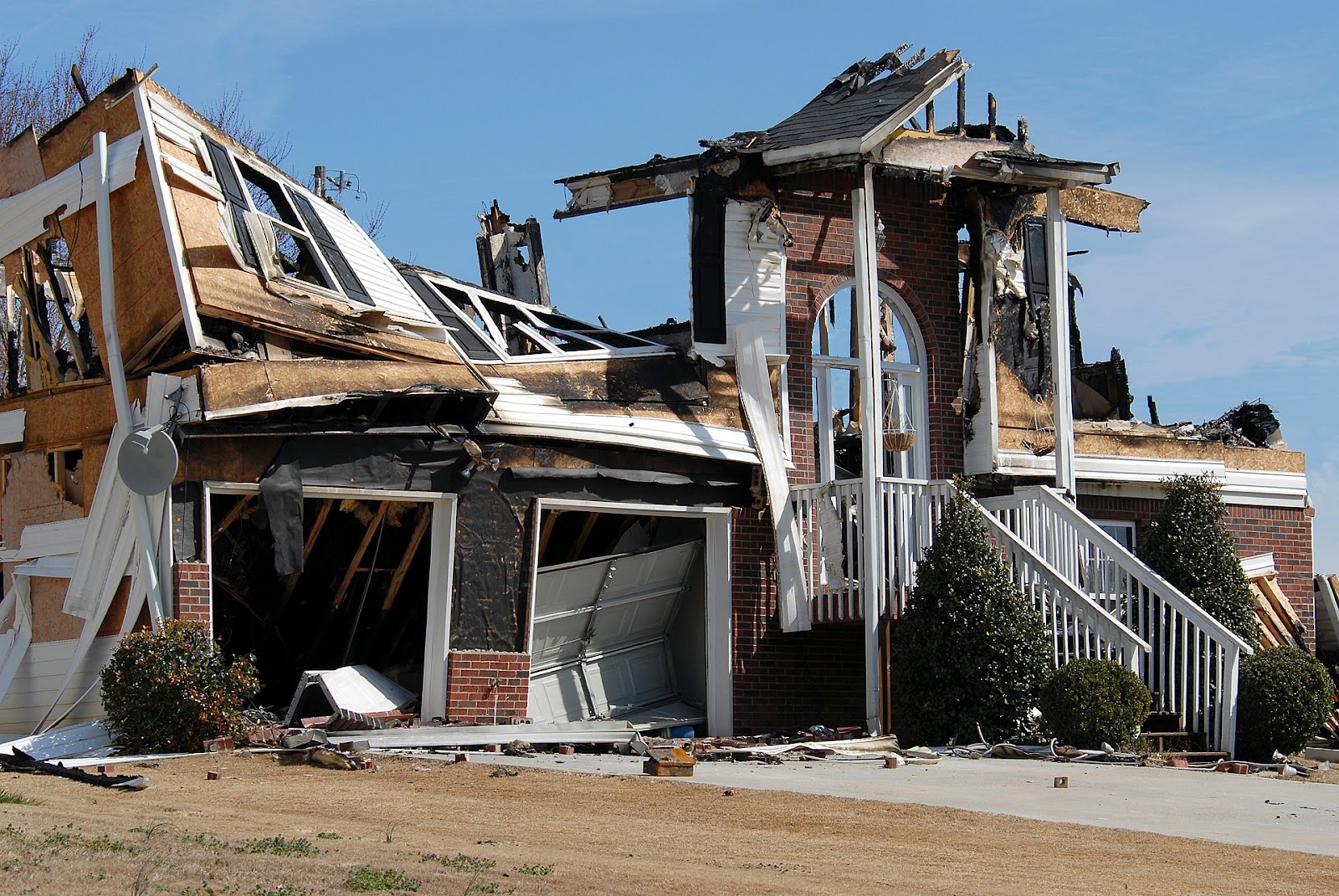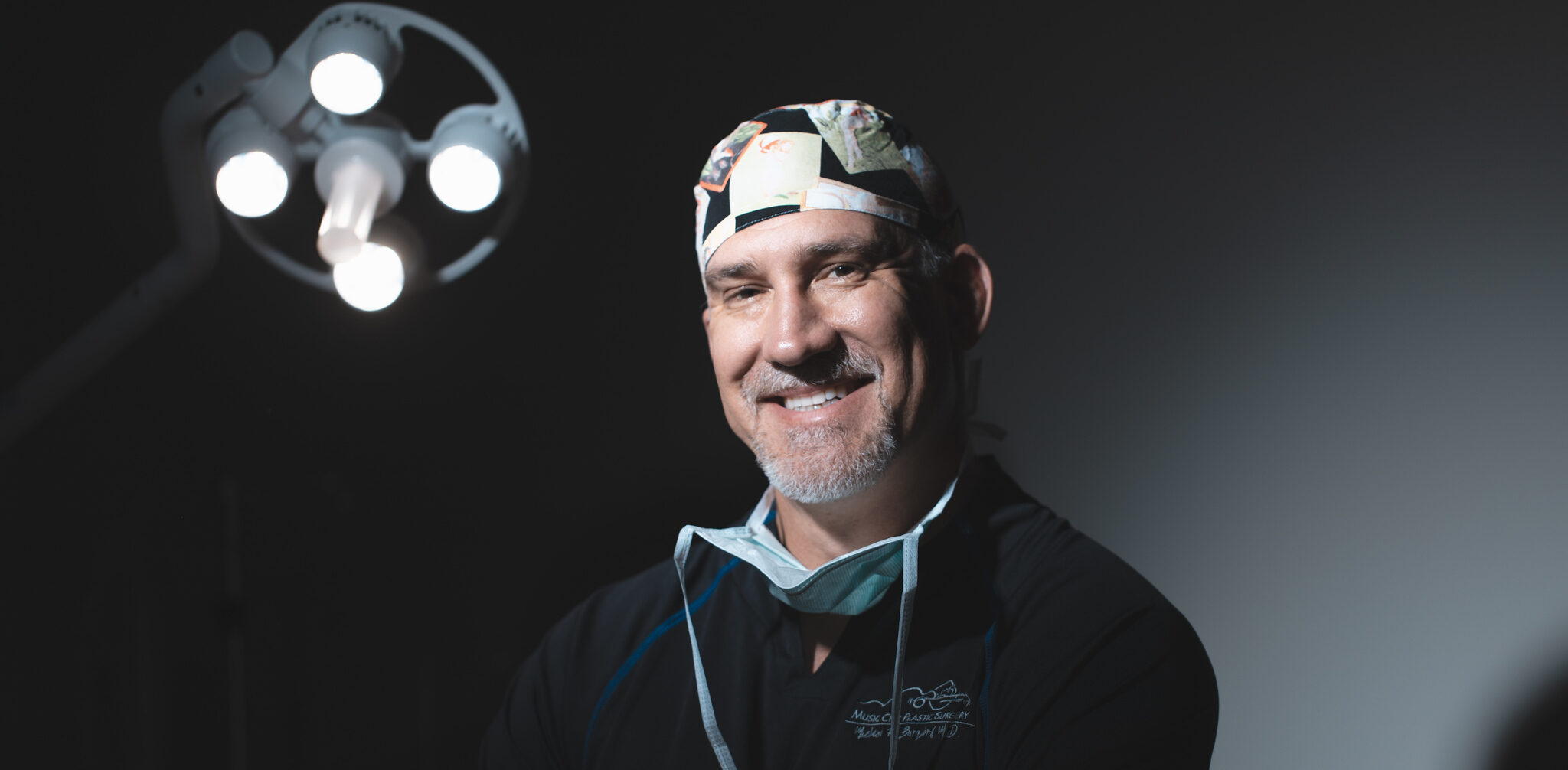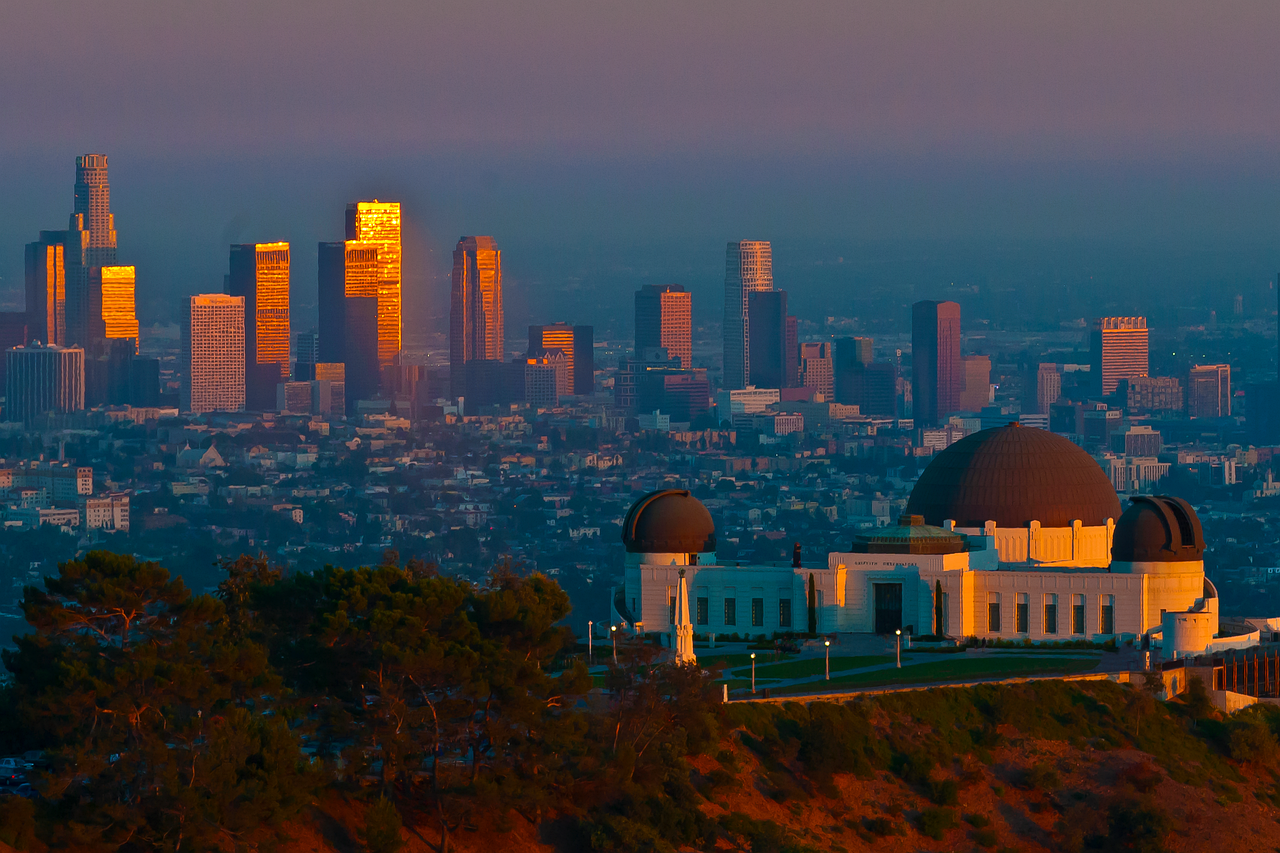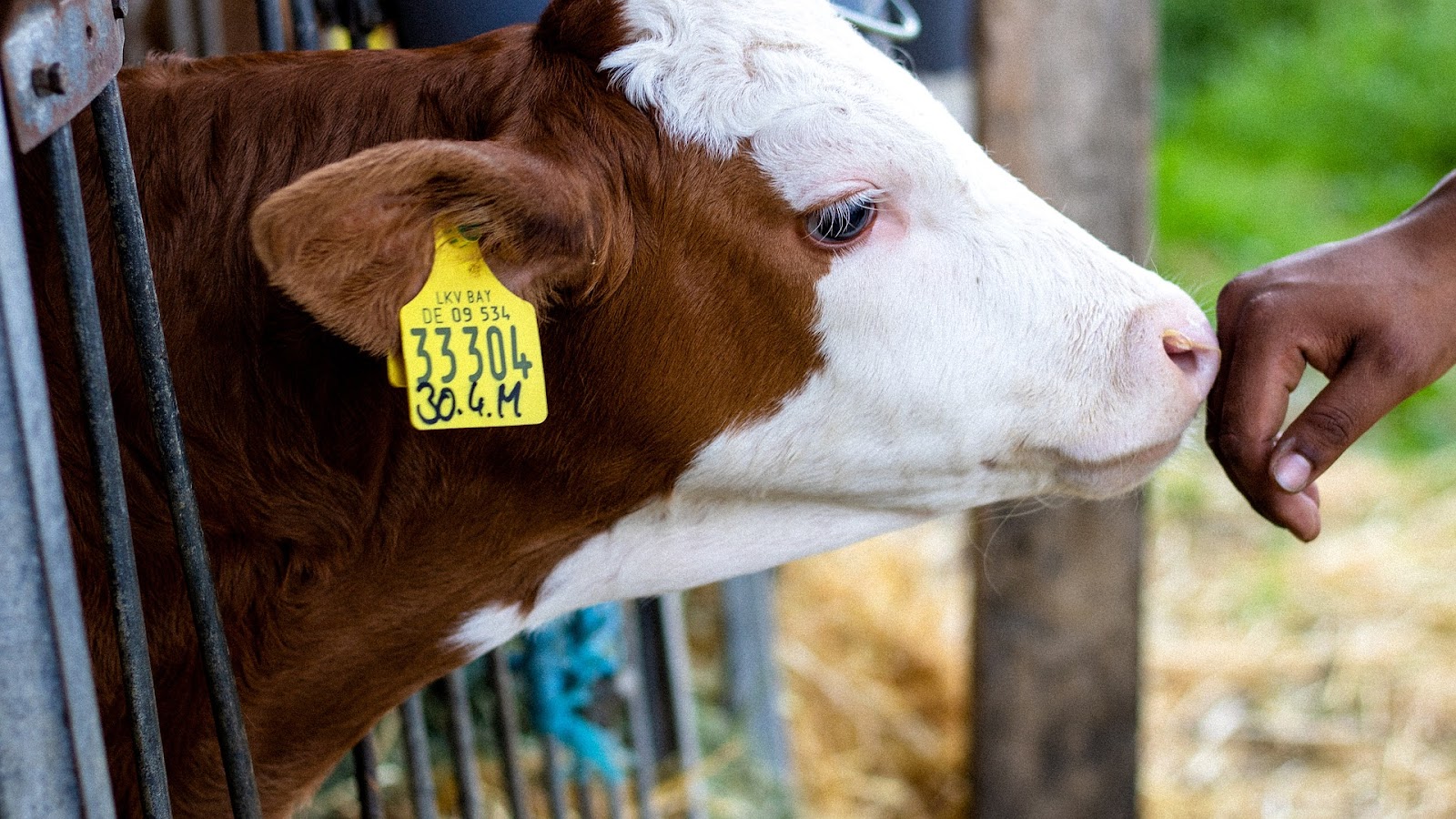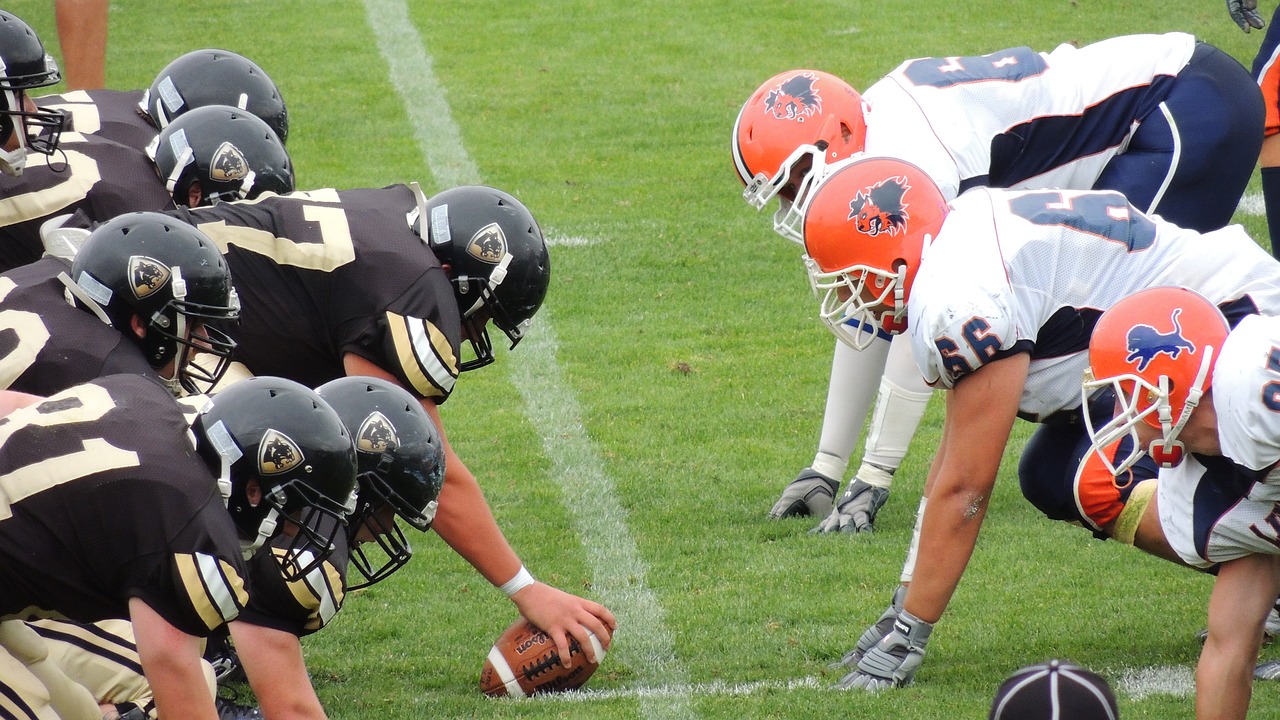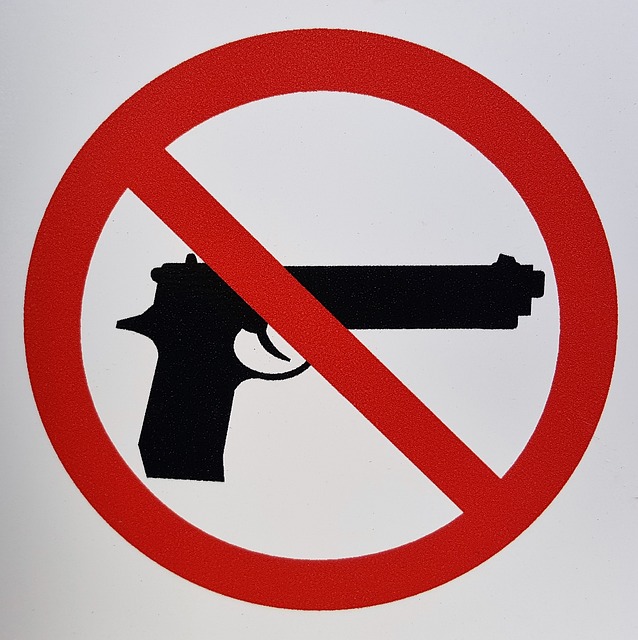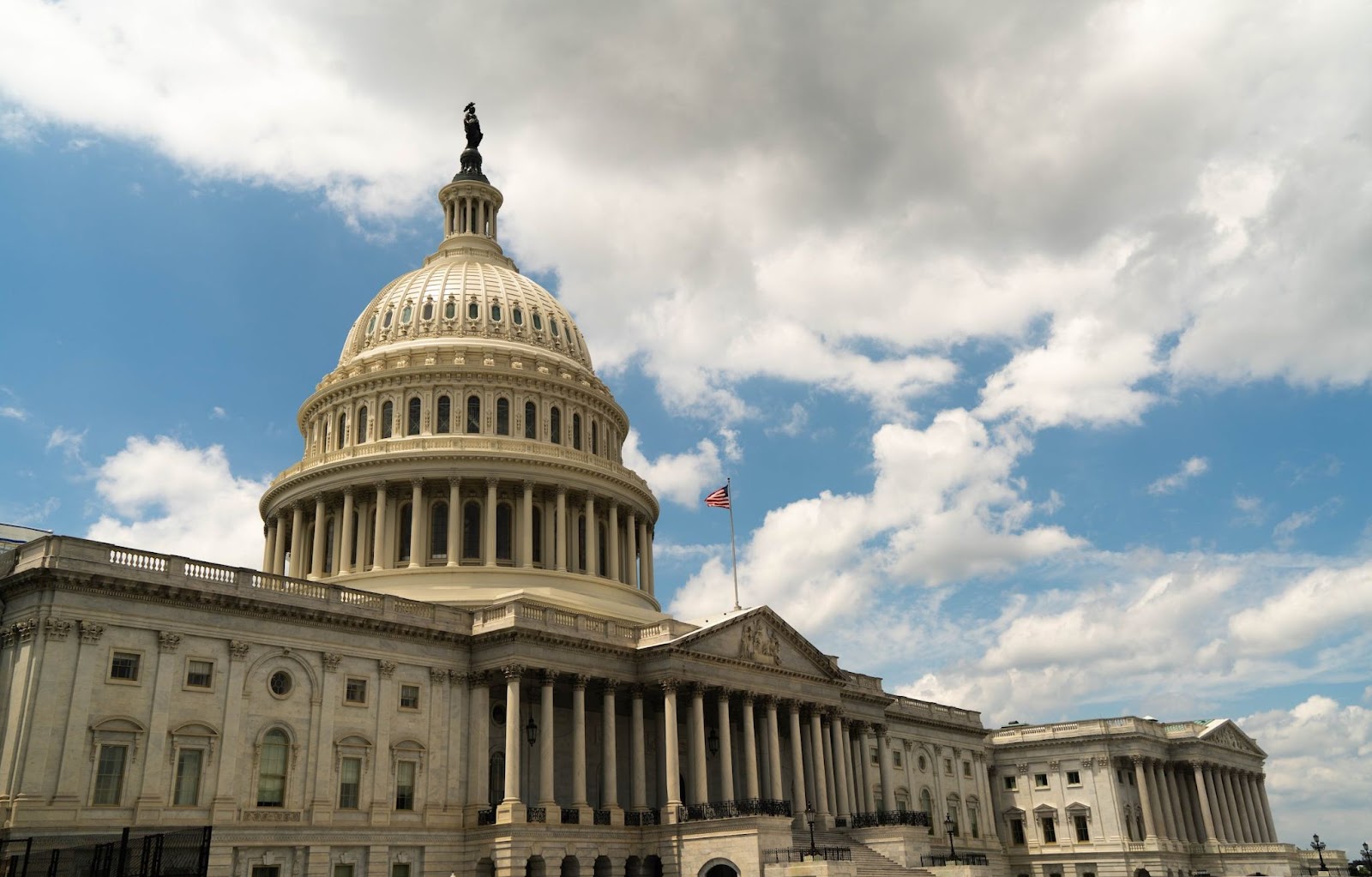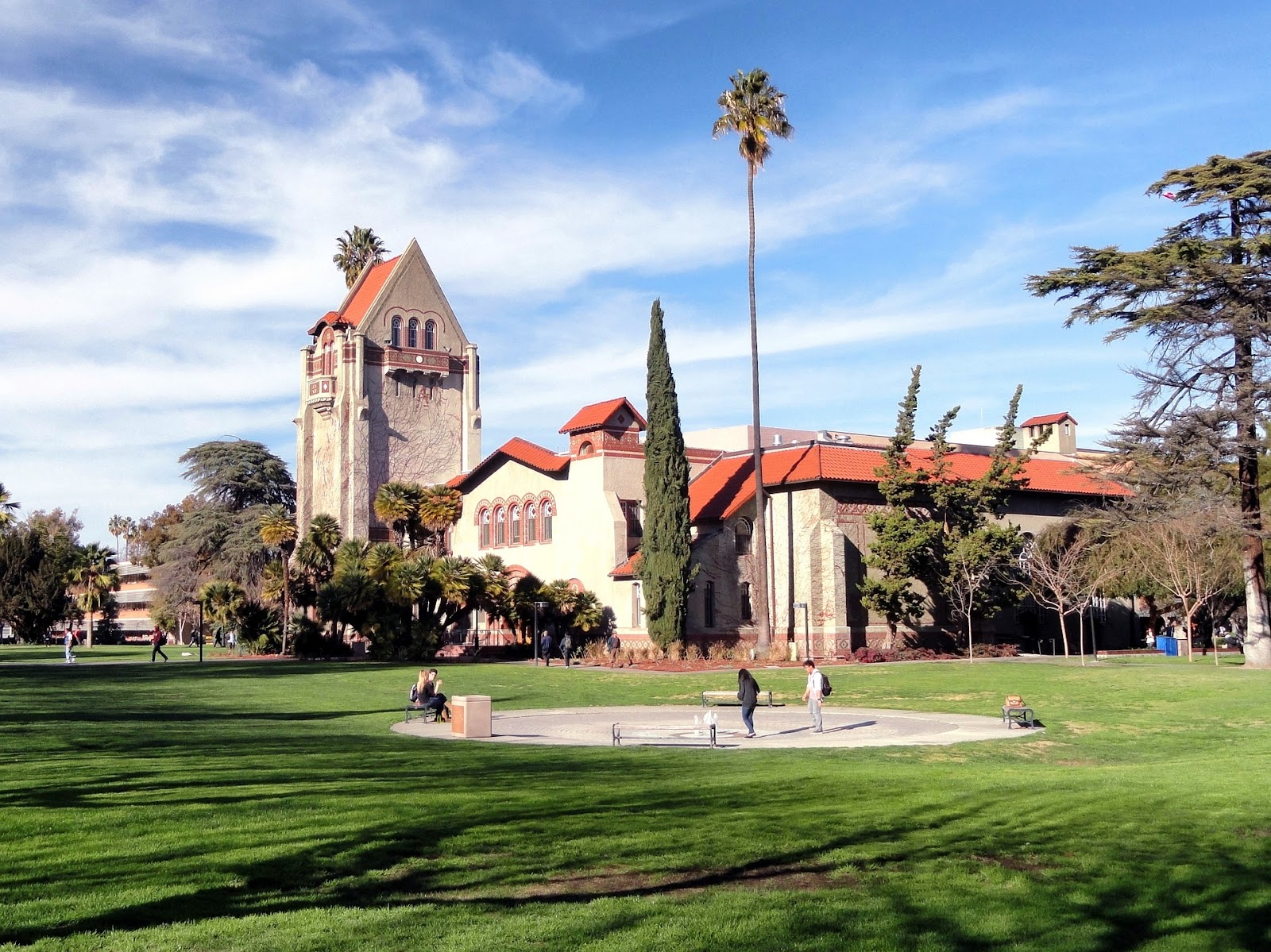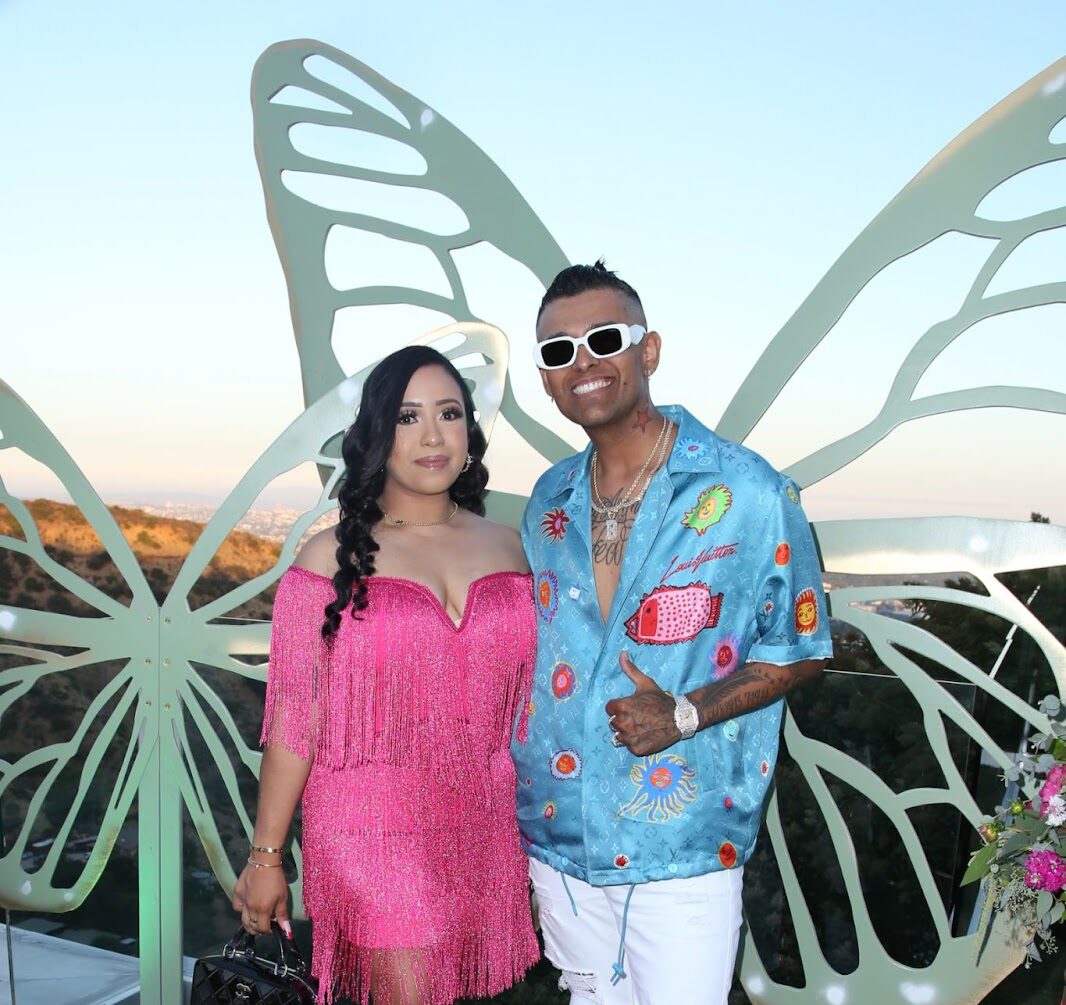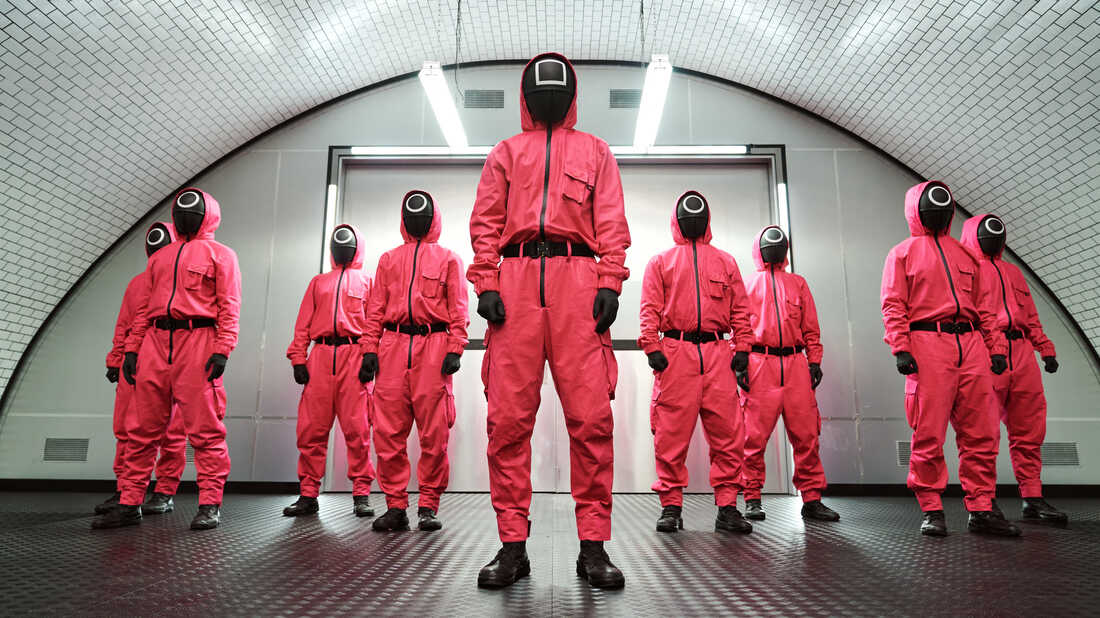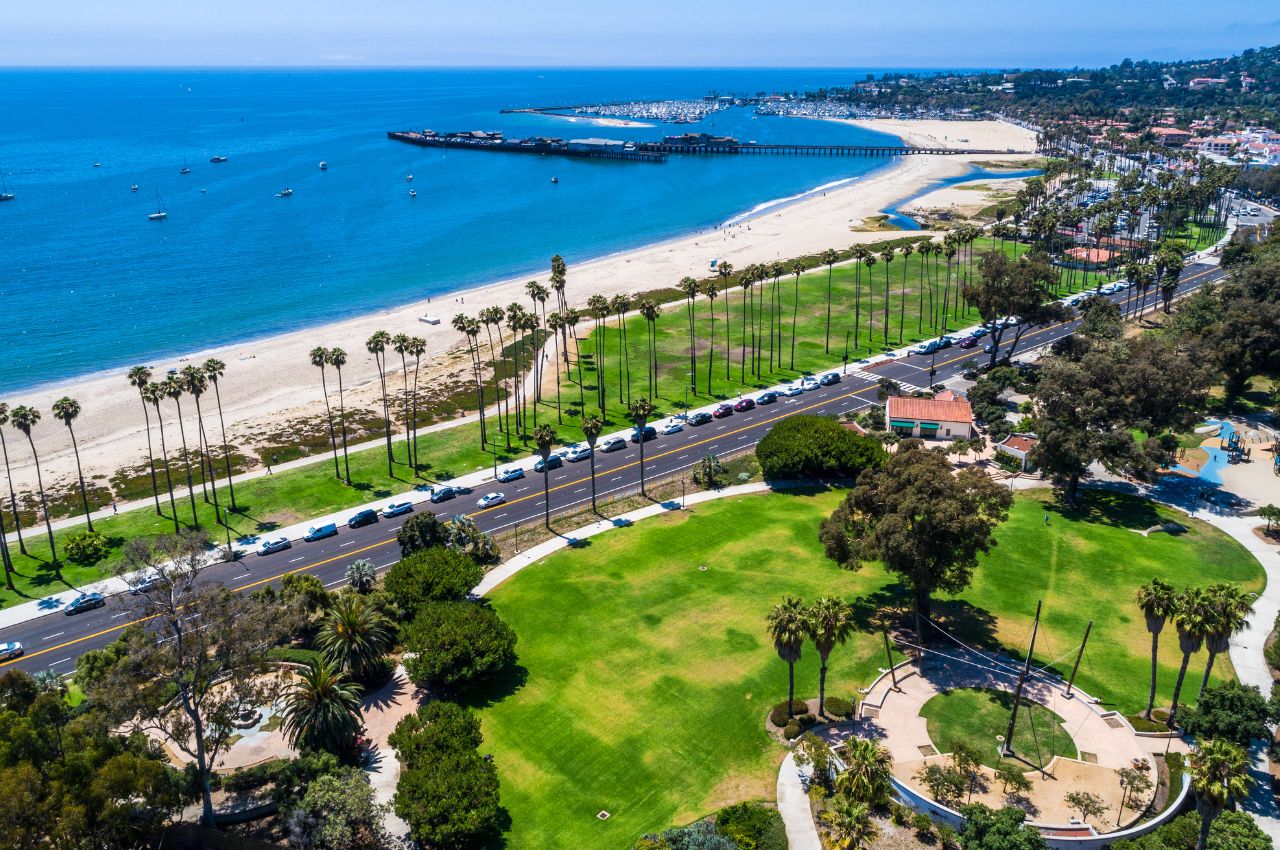Richard Roundtree, seen by many as the first Black action hero, died Tuesday, October 23rd, at the age of 81, following a battle with pancreatic cancer. In a statement to The Times, Roundtree’s agency, Artists & Representatives, joined his manager to confirm his death.
“Artists & Representatives Agency mourns the loss of our friend and client Richard Roundtree,” reads the statement. “His trailblazing career changed the face of entertainment around the globe, and his enduring legacy will be felt for generations to come. Our hearts are with his family and loved ones during this difficult time.”
Richard Roundtree’s Trailblazing Legacy in Entertainment
Born July 9, 1942, in New Rochelle, N.Y., Roundtree played football at New Rochelle High School and earned an athletic scholarship to Southern Illinois University in 1961. He dropped out of college, however, to work as a model. Moving back to New York, he joined the Negro Ensemble Company and began his acting career with stage roles. Among his early performances was a 1967 production of The Great White Hope, playing a part that, later on, would be played by James Earl Jones in an award-winning Broadway run.
In 1971, Roundtree starred in the titular role in the action thriller Shaft. This performance propelled him to stardom and earned him a Golden Globe nomination for New Star of the Year. He would go on to star in Shaft’s two sequels and its television series. Over the course of a career spanning five decades, Roundtree made almost 150 film and television appearances. His performances and personality quickly established him as a cultural icon, a status he cemented again and again throughout his life. Younger generations of fans may know him from his performances in 1984’s City Heat or the 1995 thriller Seven, where he acted alongside Brad Pitt and Morgan Freeman.

Tributes and Impact of the Iconic Action Hero
Roundtree’s signature swagger and inimitable charisma made him an icon among icons. Samuel L. Jackson, who took on the role of Shaft in the 2000 reimagining of the franchise, told The Times how Roundtree had been an inspiration in his youth, as well as to much of his generation. “Everybody wanted to be you for a long time.” Jackson said, “You defined what cool was. You had the look, the walk, the attitude.”
In a 2019 interview with Sirius XM, Roundtree said that he was aware of the positive influence his performance had made on the Black community. “Constantly reminded of it,” he said and recounted a story of a man he’d met in the TSA line at LAX. “As I get through, he said, ‘Can I have a word with you?’ He says, ‘I’m from Alabama. And as a kid, we had to sit up in the balcony. And because of watching that film, it made me strive for something more than Alabama’. And he was in charge at… LAX. And those types of stories I’ve heard all these years. People will come up to me and say things like that. I’m very proud of that.”
Roundtree’s legacy is assured by the extensive catalog of performances that will continue to inspire viewers well into the future, as well as by the many award-winning actors who cite him as an inspiration.




















